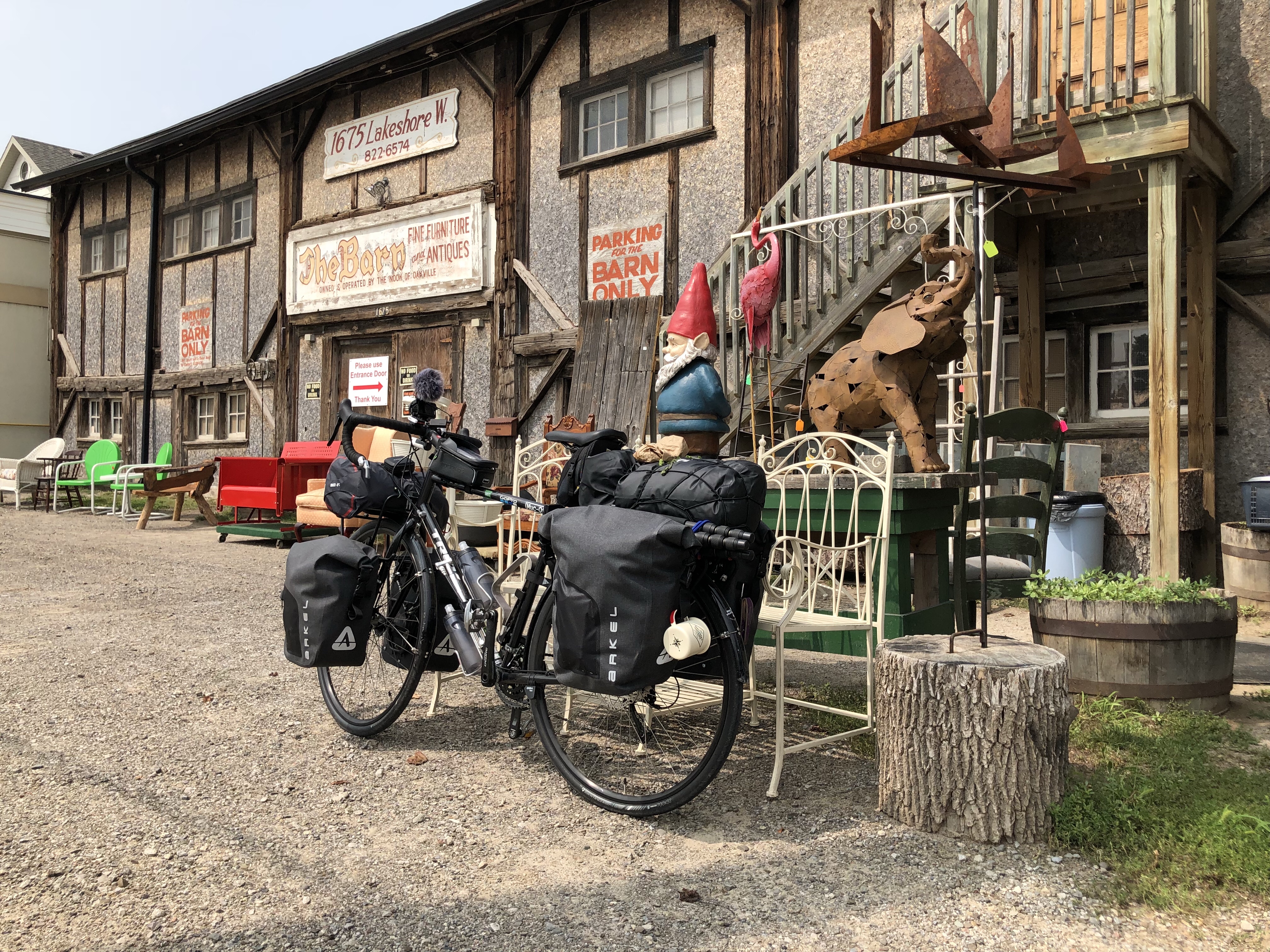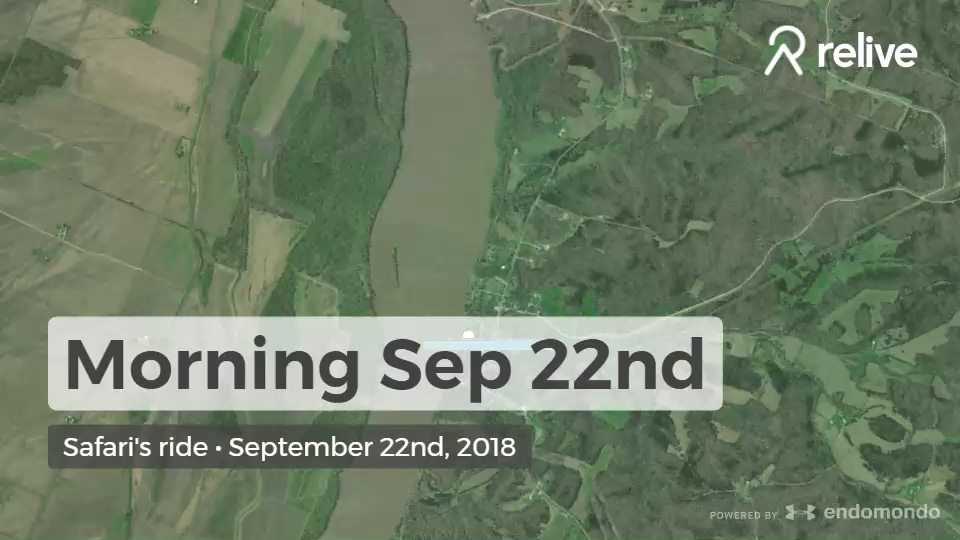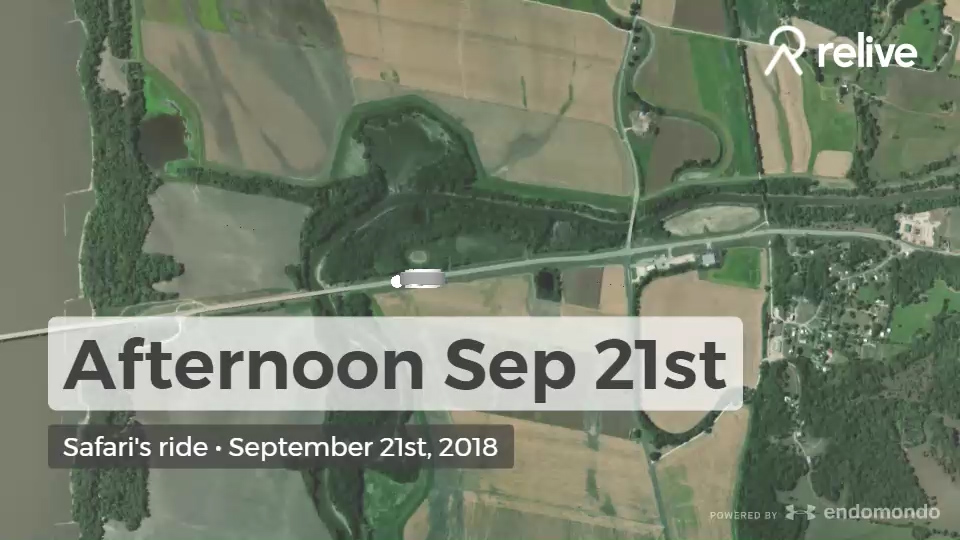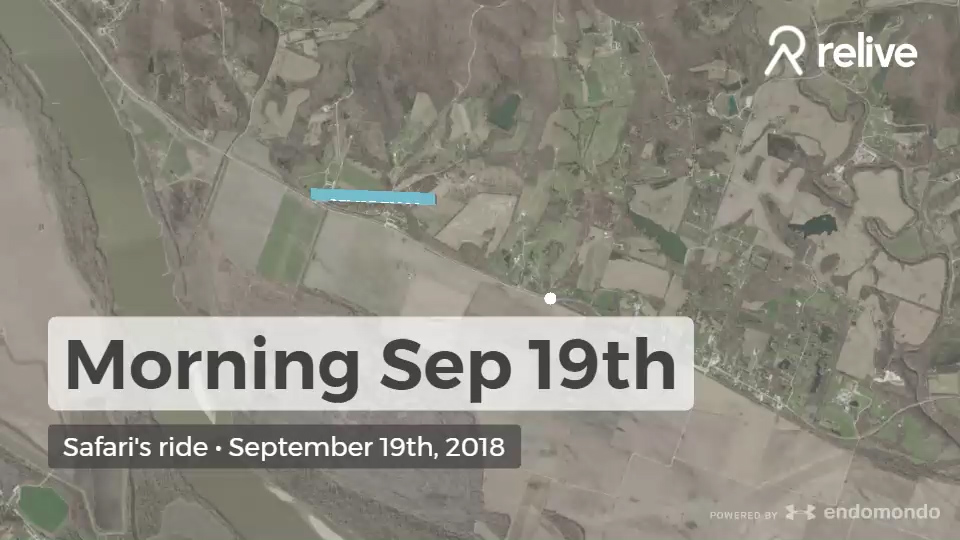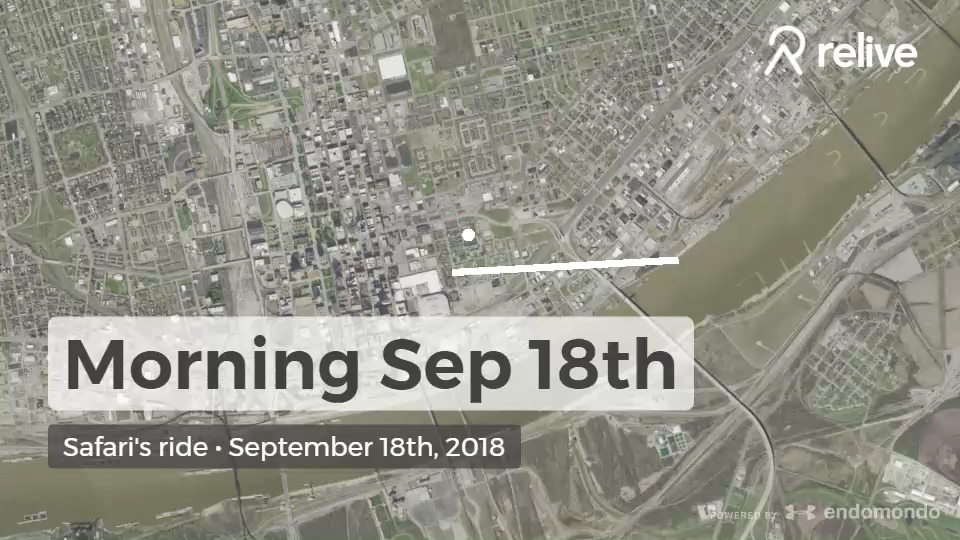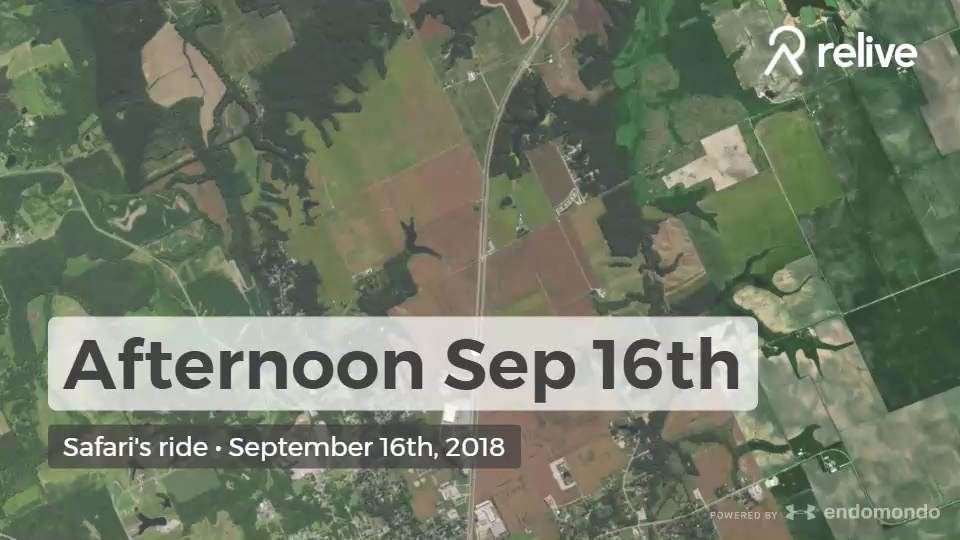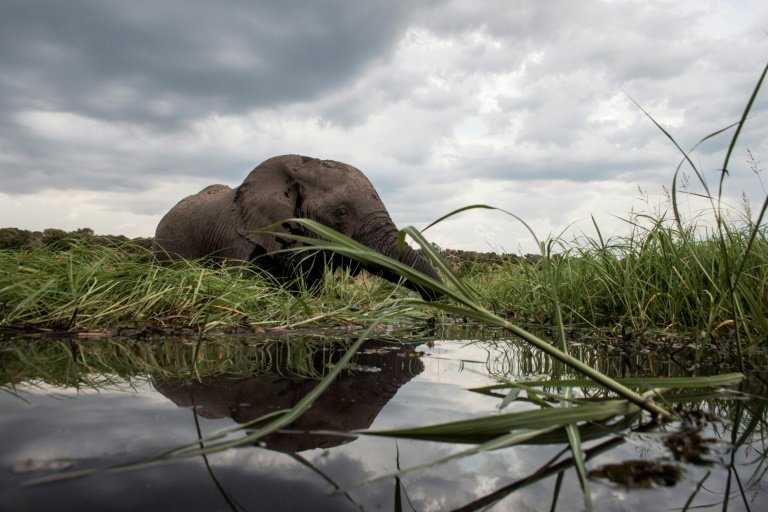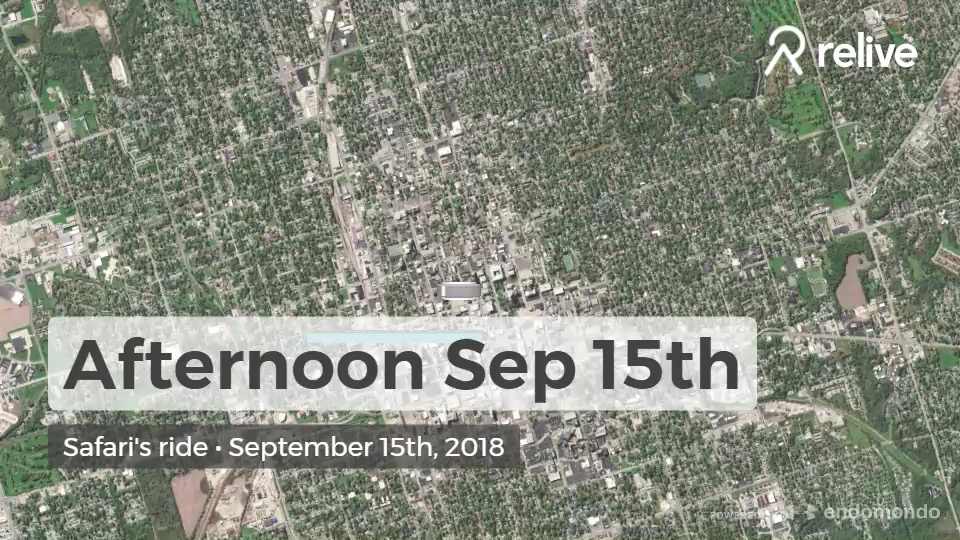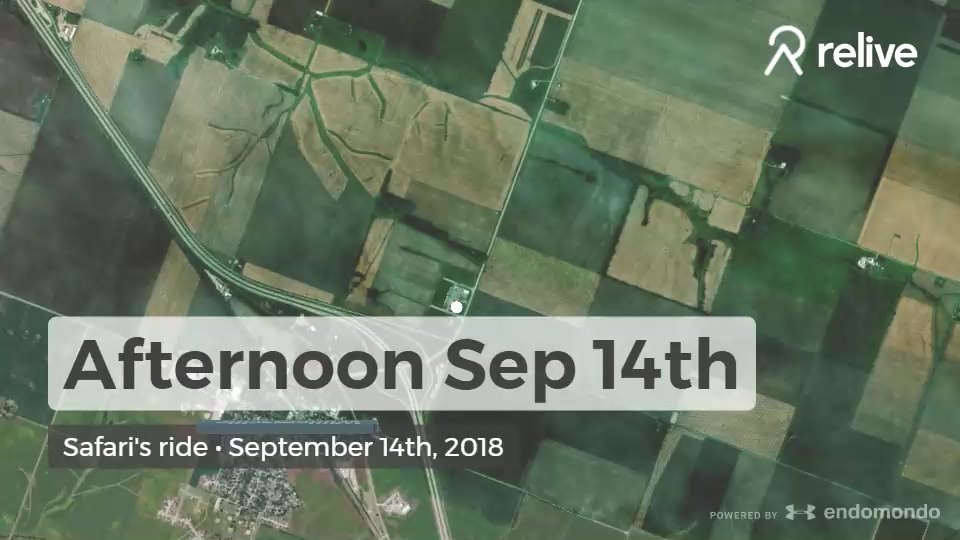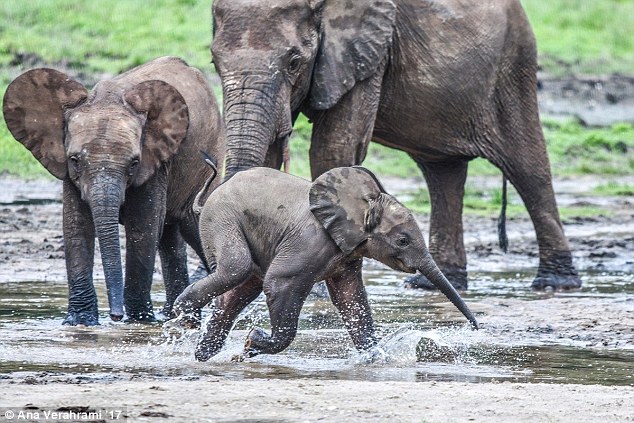Here we go
- August 19, 2018
Why write a travel blog? Very often we make the decision to write a blog to try to share experiences with friends, or even strangers, with the intention of giving advice or views. I recently started my new adventure and I thought, “Why not try to share it?” However, instead of using words, my true intent is to impress you with my images. This isn’t because I consider myself a great photographer -I simply believe the subjects that immortalize somehow by themselves are organic masterpieces. Nature is wonderful! I'm certainly not a luxury traveler, I'm just a fan of all that is wild and natural....
Read more

